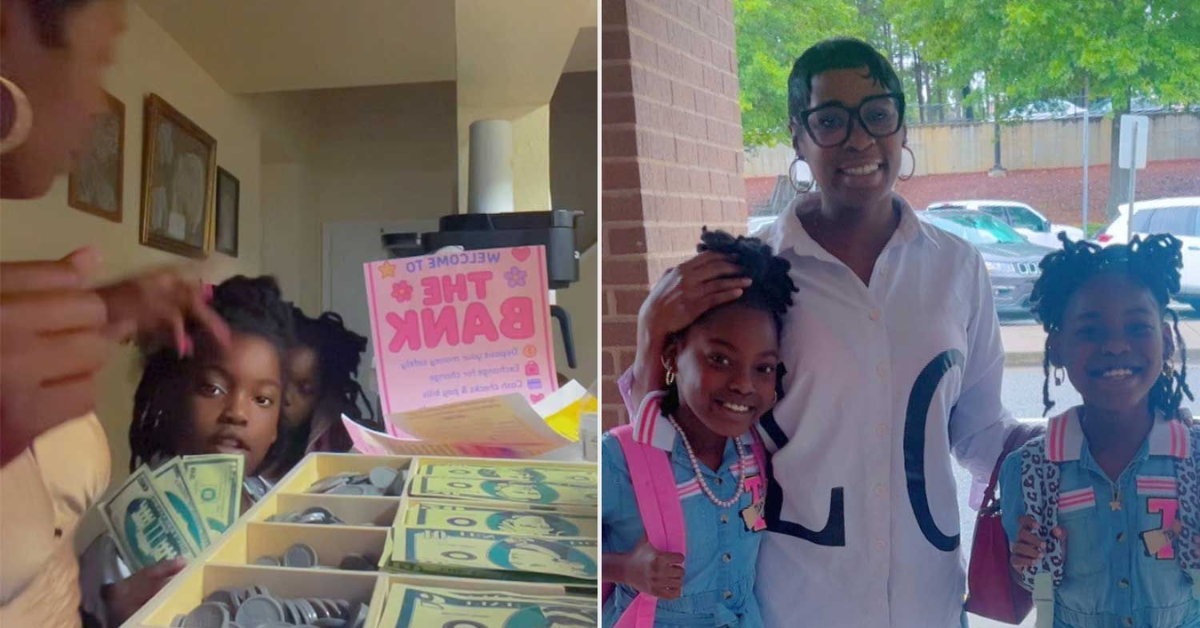
Parenting methods around the world are evolving, and some moms want to teach their children important life skills early on. One mother has taken a unique approach by making her 9-year-old twin daughters pay rent and utilities as a way to understand the value of money and responsibility. This story has stirred up conversations worldwide about how best to prepare children for adulthood.
While some may find this idea unusual, it reflects a growing trend of parents who want their kids to experience real-life lessons sooner rather than later. It highlights the importance of financial education and accountability, especially in today’s fast-paced world where managing money is a must-have skill.
Why Did the Mom Decide on This Approach?
The mother explained that her main goal was to teach her daughters the importance of money management and independence. By charging rent and utility fees, she wants them to understand where money comes from and why budgeting is crucial. According to a report by Consumer Financial Protection Bureau, early financial education helps children make smarter money choices as adults.
She believes it’s better for her daughters to learn money responsibility at a young age rather than facing financial challenges later in life without the proper knowledge. The girls earn money by doing chores and small jobs, which helps them pay their “bills.” This creative method encourages saving and thoughtful spending, two habits that are vital for financial well-being.
How Do the Twins Manage Paying Rent and Utilities?
The twins receive an allowance based on their chores and occasional tasks like helping neighbors or selling homemade crafts. Part of their allowance goes toward rent and utility payments, which the mom treats as realistic costs of living. This hands-on approach gives the children a clear picture of how money flows in a household and the sacrifices needed to maintain it.
Psychologists suggest that involving children in money matters can improve their financial confidence. As noted in a study by American Psychological Association, kids who learn to handle money early develop better budgeting and saving skills in adulthood.
Moreover, the mom encourages open discussions about money, helping the twins understand financial decisions, such as choosing between wants and needs. This communication builds trust and reduces the anxiety children might feel about money matters.
What Does This Mean for Other Parents?
This method is not about strict punishment but about gentle guidance and teaching responsibility through experience. Many experts support parents involving children in financial decisions in age-appropriate ways. This can help children appreciate money more and learn how to manage it effectively.
For parents curious about trying similar techniques, starting with small allowances and involving children in family budgeting can be a good first step. Resources like Kiplinger’s guide on teaching kids about money offer practical tips for parents looking to educate their children in finances.
Ultimately, the goal is to prepare children for real-life challenges while fostering healthy attitudes toward money. In a world where financial literacy is more important than ever, innovative solutions like this can offer valuable lessons that last a lifetime.









